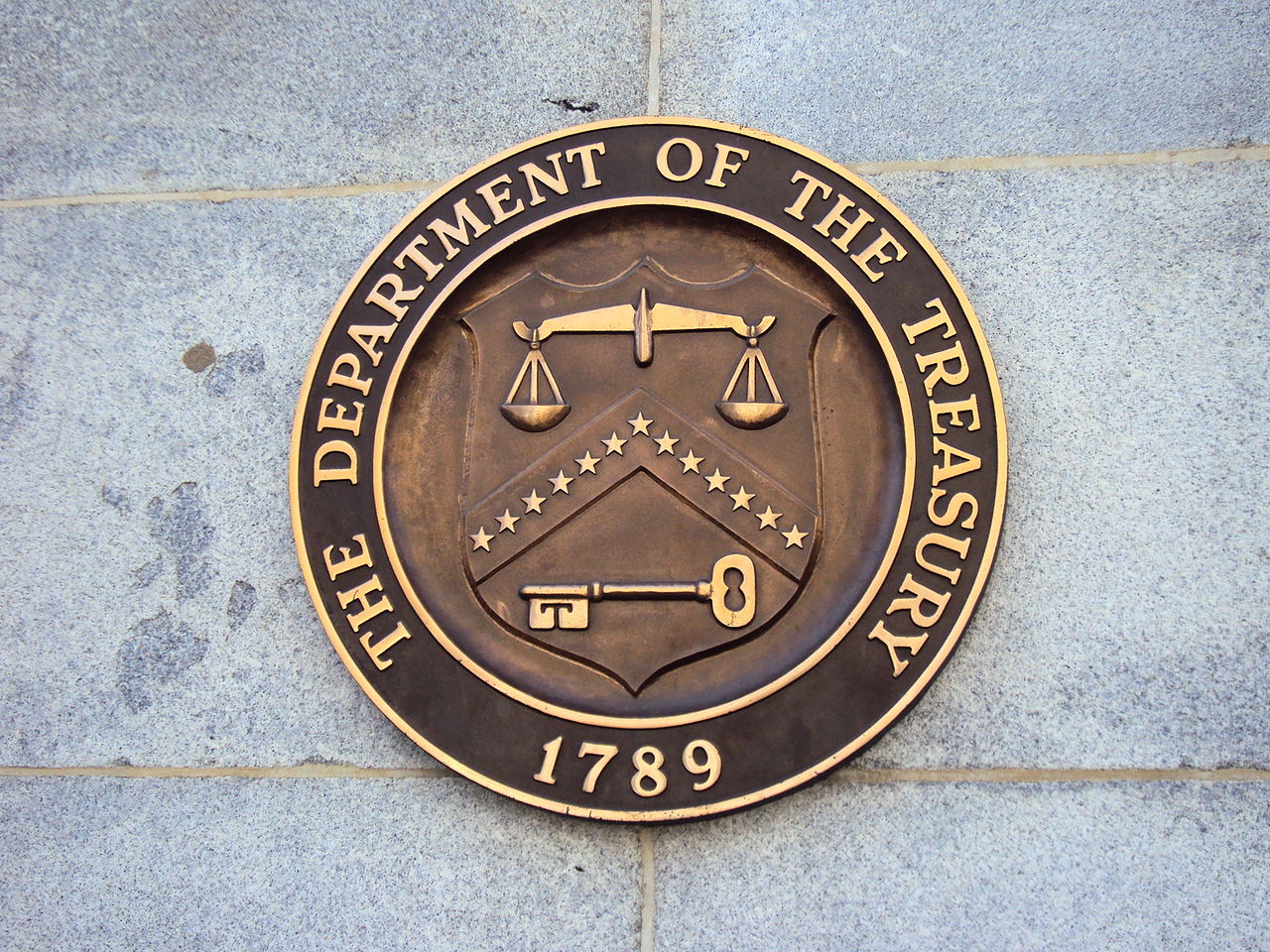Americans Support Sanctions ... Most of the Time
On Jan. 12, 2018, the Trump administration put in place sanctions against Sadegh Amoli Larijani, the head of the Iranian judiciary, and others in response to Iranian human rights abuses.

Published by The Lawfare Institute
in Cooperation With

On Jan. 12, 2018, the Trump administration put in place sanctions against Sadegh Amoli Larijani, the head of the Iranian judiciary, and others in response to Iranian human rights abuses. A month earlier, the Senate Banking Committee completed a markup on the Otto Warmbier Banking Restrictions Involving North Korea (BRINK) Act of 2017, which would implement mandatory secondary sanctions on banks that facilitate North Korea’s illicit activities. The month prior to that, legislators proposed applying sanctions to the Myanmar military in response to its crackdown on the Rohingya minority. In November, the Trump administration imposed sanctions on 10 individuals in Venezuela who supported President Nicolas Maduro’s efforts to hold onto power by use of fraudulent elections—and four more Maduro regime-related individuals were just designated on Jan. 5.
In view of the broad scope of existing sanctions and the expansive nature of future sanctions, we at Lawfare decided to get a sense of Americans’ support for implementing sanctions in response to various provocations.
Between Feb. 15, 2018 and Feb. 18, 2018, we used Google Surveys to try to better understand whether Americans approve of sanctioning foreign governments that support designated terrorist groups, banks that financially support terrorist groups, or countries that buy arms from another country that financially supports terrorism. The answers showed that respondents strongly supported applying sanctions under all three circumstances. The winning results were statistically significant: If we ran the poll again, we would expect the same results 19 out of 20 times.
In our fourth question, we tried to get a sense of whether people believed the United States should apply sanctions in support of counterterrorism efforts on foreign governments and banks supporting terrorism even if those sanctions could hurt the U.S. economy. Here, respondents’ feelings toward sanctions cooled.
The impact of U.S. sanctions on the domestic economy is difficult to measure amidst other factors, such as contemporaneous recessions or the development of new trade partners. Additionally, the United States has a generally diverse, robust economy that can sustain trade fluctuations with adversarial governments. For instance, researchers estimated that the sanctions the United States placed on Russia in response to their intervention in Ukraine had minimal impact on the U.S. economy.
Yet even with a robust economy, sanctions that the United States imposed on other countries and foreign nationals may have some impact on the U.S. economy. The National Iranian American Council (NIAC), for instance, generously estimated that Iran sanctions cost the U.S. economy between $135 and $175 billion between 1995 and 2012—or between $11.25 and $14.58 billion per year. While these costs are not enough to significantly injure the U.S. economy, they do make a dent.
Respondents had mixed views on the value of sanctions that could damage the U.S. economy. Interestingly, the variation in responses appears to correlate to respondents’ ages:

For instance, in the 55-64 age range, close to half of the respondents strongly agreed that sanctions would be justified even if the sanctions hurt the U.S. economy.

However, those in the 25-34 age group were far less inclined to lend unequivocal support to sanctions that could hurt the economy.

The first questions we asked showed the population gave strong support for sanctions intended to stop illicit activities, yet certain subsets of the population gave pause when confronted with the possibility of negative consequences. For additional clarity, we’d need to poll more people to get a sense of what kind of economic “pain” they’d be willing to tolerate (reduced profits for companies? job loss? recessions?) if it meant confronting terrorism or other bad actions.
These data indicate that the likelihood of injuring the economy might alter public support for sanctions. Where sanctions would have an obvious impact on the domestic economy, lawmakers should seek more information about how different age groups, such as the 25-34 year olds impacted by the Great Recession, will continue to support using economic tools to pursue foreign policy objectives.
Methodology
This survey was conducted via Google Surveys, the methodology of which is discussed in the white paper, “How Google Surveys Work.” Google donated access to the survey platform to Lawfare to ask questions on national security. The surveys are conducted via internet-connected devices as part of “surveywall” questions that require users of sites to answer a few questions before gaining access to articles. Google spreads its surveys across more than 1500 websites.
Emma Kohse and Benjamin Wittes discuss the benefits and criticisms of Google Survey methodology in “The Privacy Paradox II: Measuring the Privacy Benefits of Privacy Threats.”
The number of survey respondents varied from 3183 to 3844 respondents per question as a result of the drop-off in survey completion. The weighting of answers, a statistical method to achieve a cross-sample of age and region, is less likely to be accurate with fewer respondents; in this case, we had a large enough sample size to achieve statistically significant winning results from the sample.
Editor's Note: This post was updated based on a poll run between Feb. 15–18. The original poll, run between Dec. 31, 2017 and Jan. 2, 2018, had a smaller sample size. The polls showed the same results, but the larger sample size showed statistical significance of results when broken down by demographics.





